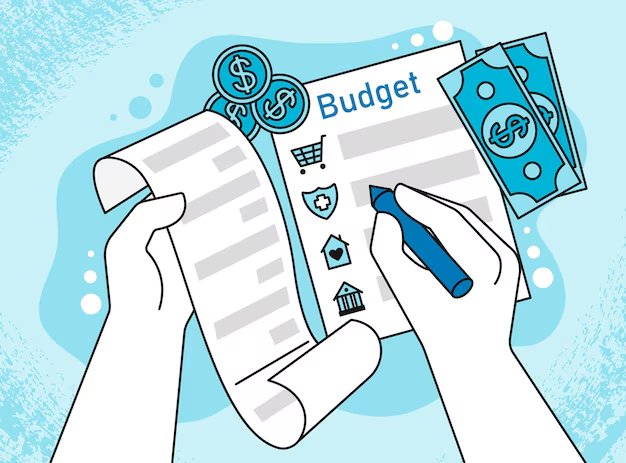Understanding and adapting the 50/30/20 Budget Rule can be a game-changer in managing personal finances amidst today’s rising cost of living in the United States. This budgeting model divides your income into three categories: needs, wants, and savings or debt repayment. It offers a balanced approach to ensure financial stability.
While the 50/30/20 framework provides a solid foundation, it is crucial to tailor it to fit your current lifestyle and financial circumstances. We’ll explore how you can customize this budget planning method to better meet your needs, addressing the challenges posed by modern economic pressures.
Adapting the 50/30/20 Budget Rule for contemporary living

To make the most out of the 50/30/20 Budget Rule in today’s economic climate, individuals must be prepared to adjust its core principles to fit their unique financial situations. High living costs often mean that the 50% allocated for necessities might need re-evaluation.
For many, housing expenses alone can take up a significant portion of their income, so understanding how to tweak this allocation is vital. Instead of strictly adhering to these percentages, consider them as guidelines.
An effective budget requires flexibility, ensuring that your financial plan supports your needs while still maintaining room for savings and discretionary spending. By periodically reviewing and adjusting your budget, you can maintain financial flexibility in the face of economic uncertainties.
Analyzing and adjusting your essential expenses
First, it’s important to conduct a thorough analysis of your essential expenses. This includes rent or mortgage payments, utilities, groceries, and transportation costs. The key is to identify areas where you might be over-spending and find ways to cut back responsibly. If your necessary expenses exceed 50% of your income, prioritize needs over wants until your budget is balanced.
Consider strategies like meal planning to reduce food costs or evaluating transportation options to minimize expenses. Every dollar saved on essentials can increase your savings or allow for more discretionary spending. Additionally, looking for deals and discounts, or exploring bulk buying options, can also help optimize this portion of your budget.
Importance of flexibility in financial planning
Flexibility within your financial plan is essential, especially amid fluctuating economic conditions. Life events like a job change, unexpected medical expenses, or economic downturns can disrupt your financial equilibrium. By building a flexible budget, you’re better prepared to handle surprises without significant financial strain.
A good strategy entails regularly reviewing financial goals and adjusting your allocations within the 50/30/20 Rule as necessary. It might mean redirecting more funds to savings or debt repayments during prosperous times or tightening up on wants when necessary to weatherable tougher periods.
Practical steps for ongoing budget management
To effectively manage your budget on an ongoing basis, start by setting realistic short-term and long-term financial goals. Use budgeting apps and tools to track expenses and adjust categories as needed. Regularly reviewing bank statements and financial activities helps identify spending patterns and potential savings opportunities.
Consider having periodic financial check-ins to assess your progress and make necessary adjustments. Engaging with financial communities, whether online forums or local groups, can provide additional insights and support. By staying informed and connected, you’ll be better equipped to adapt your budget to meet both current needs and future challenges.
Customizing your budget for financial success
Embracing the 50/30/20 Budget Rule while customizing it to fit today’s economic reality can significantly enhance financial health. Flexibility, continuous assessment, and strategic adjustments are crucial in ensuring that this model serves your individual needs effectively.
Ultimately, a personalized budget that reflects both your current financial situation and future aspirations will lead to more sustainable financial success. Being proactive and adaptable allows you to navigate the complexities of modern living whilst still enjoying financial security and peace of mind.



